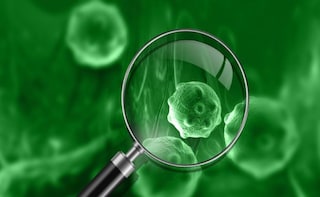Obsessive-Compulsive Disorder (OCD) is a common disorder in which people tend to have reoccurring, uncontrollable thoughts and urges that induces a certain anxiety. And they can only get rid of the anxiety if they behave in a certain repetitive manner in response to an obsessive thought. People with OCD can have symptoms of obsessions, compulsions, or both. The common symptoms of obsession include, fear of germs and contamination, urge to see things in a symmetrical or perfect order. Common compulsions symptoms include the need to maintain hygiene at all times, excessive cleaning and/or hand washing, or ordering and arranging things in a particular fashion. Many OCD patients exhibit a peculiar behaviour of repeatedly checking on things like checking to see if the door is locked or the gas stove/ oven is off. A compulsive counting to keep the track of things is also one of the compulsive behaviours noticed in OCD patients.A new study has identified a protein which could possibly be linked to the disorder. Researchers say, that the absence of this protein could trigger the disorder which can lead to the repetitive ritualised behaviour typical to OCD patients.
Advertisement
For the latest food news, health tips and recipes, like us on Facebook or follow us on Twitter and YouTube.
Advertisement
